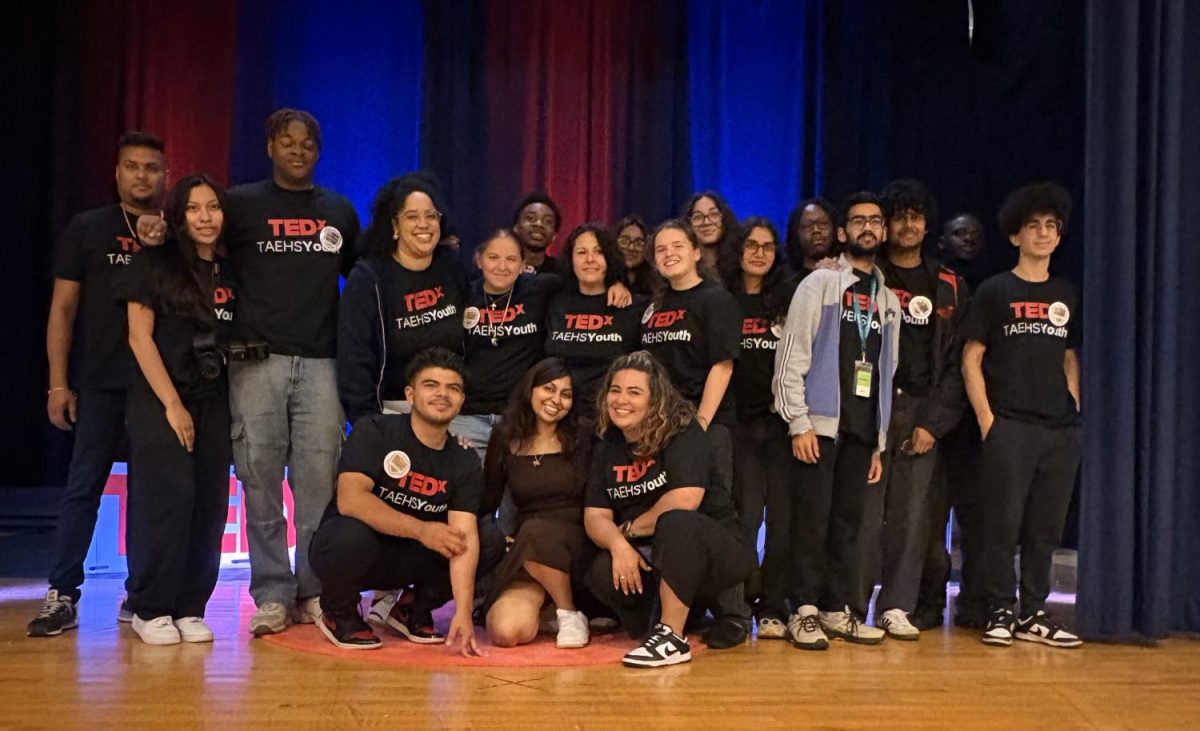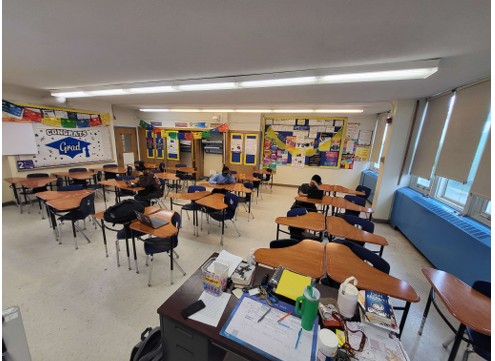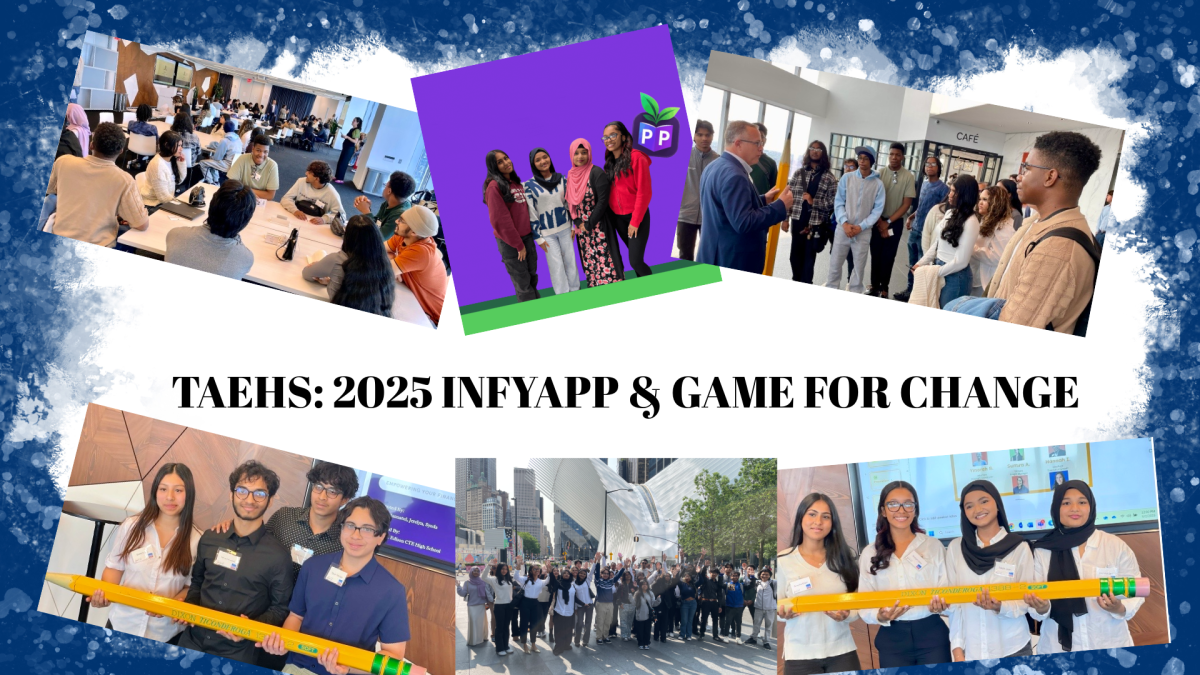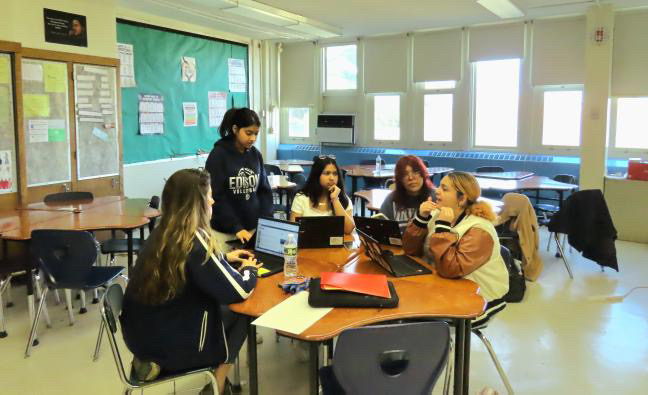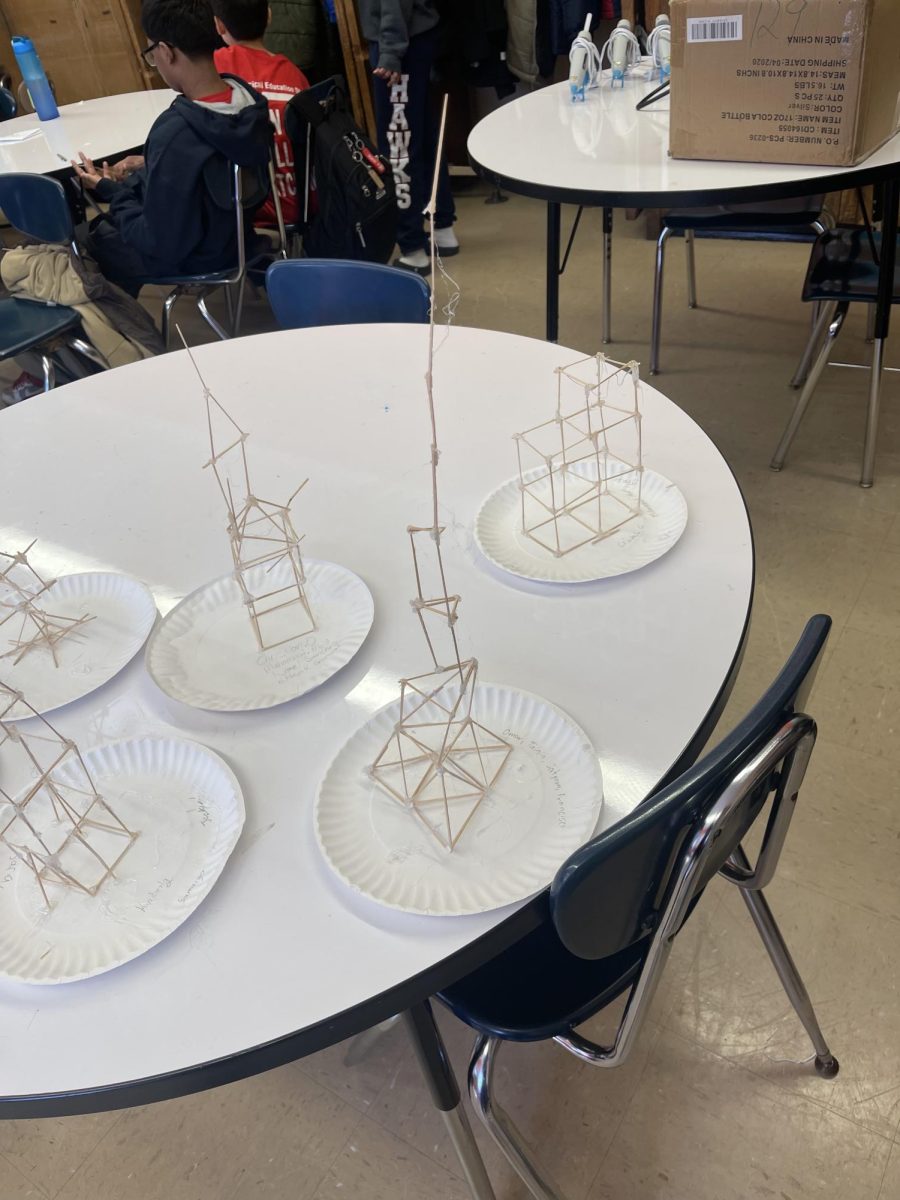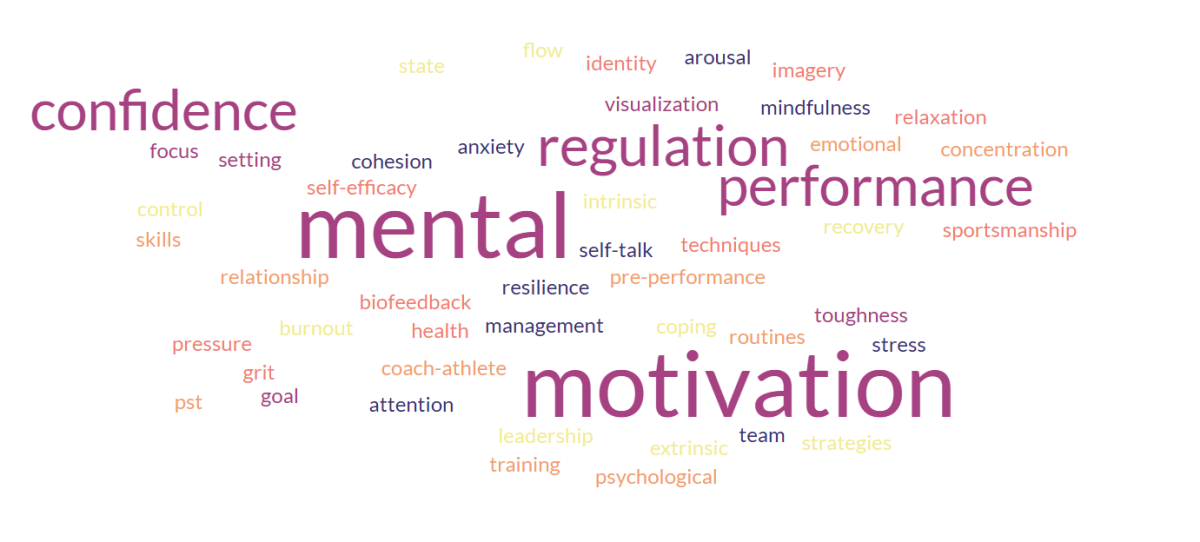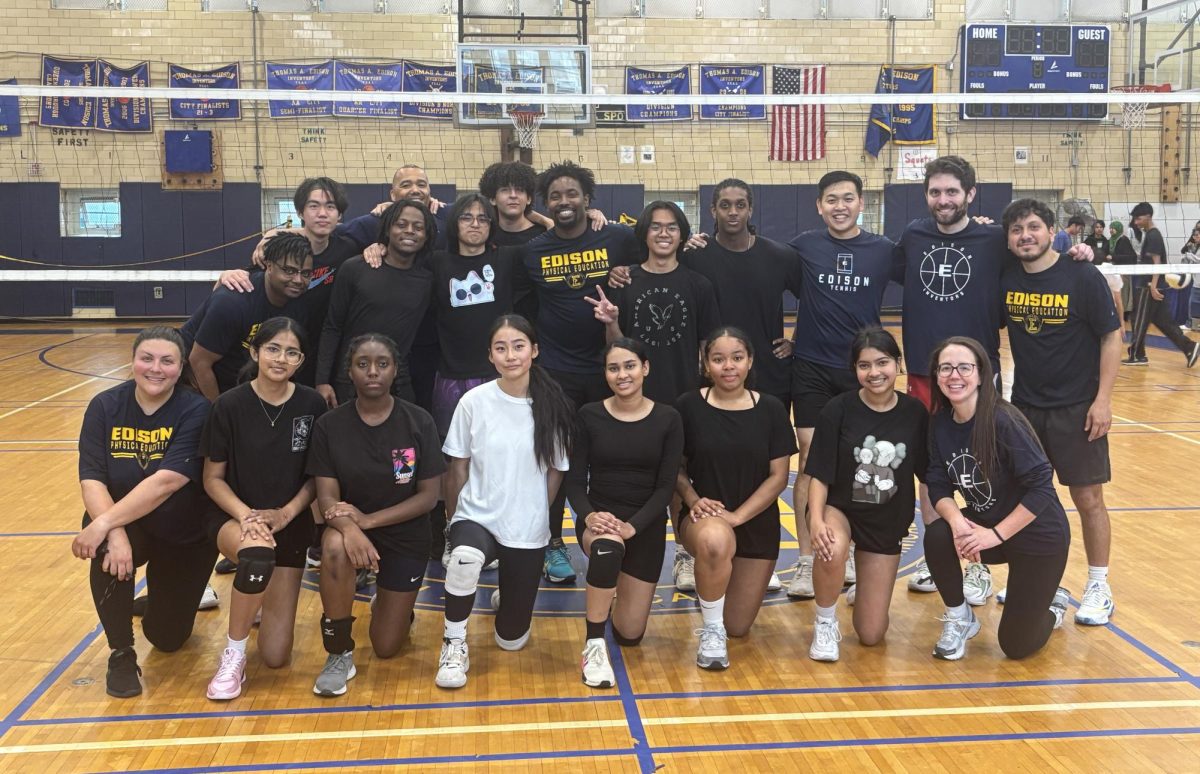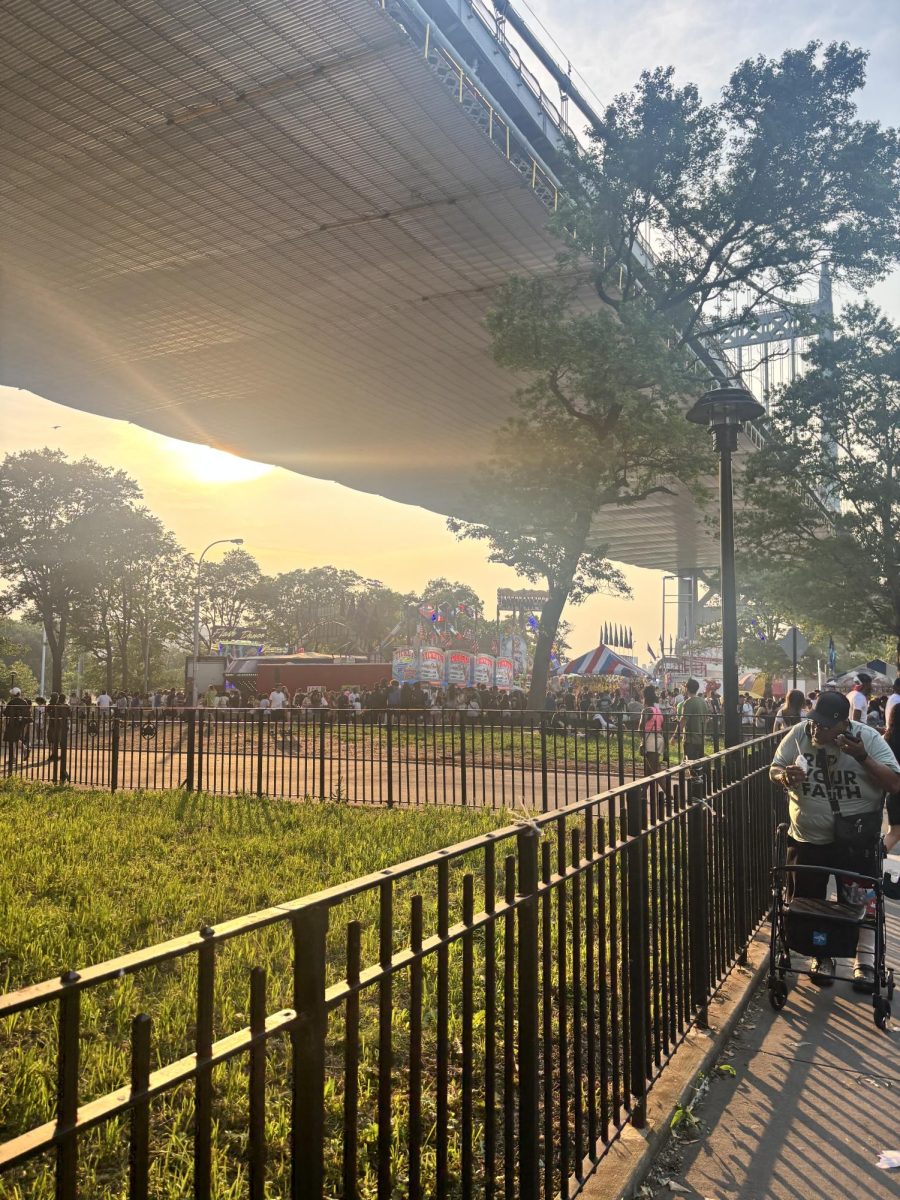For decades, New York has administered regents examinations to students to evaluate their achievements and knowledge… but these standardized tests may have become a measure of intelligence instead.
Conducted by a handful of states, New York was the first to start the system. These “exit exams” must be passed in order to receive a regents diploma upon graduating. Despite how well students do in the subject, failing the regents may result in affecting graduation. What does this mean for anxious test takers?

“Segool et.al. (2013) found that students with medium and high levels of anxiety performed worse than their peers with lower levels of anxiety,” stated in a 2015 Test Anxiety Report by the New York State School Boards Association.
Passing scores shouldn’t decide college readiness, especially because within the course of 4 years, physical/emotional health, home life, economic advantages, etc. play a huge factor. Failure rates continue to get higher as required points increase. Without proper support, students can’t pass an exam they are unprepared for.
“Garcia, a student with learning disabilities from the Bronx, met nearly all the exam requirements needed for graduation, but he fell one point shy of the passing score on global history. So he took the test again, and again, and again over the course of another school year,” stated Monica Disare, a writer for Chalkbeat New York.
One point led Fernando Garcia to graduate at age 21. Unfortunately, this is a recurring issue. Learning disabilities and economic disadvantages have a lasting impact. Students who are able to afford private tutors and attend schools in affluent neighborhoods have better opportunities.
Are standardized tests really fair when they continue to constantly determine a student’s future? Picture this: An honor roll student has trouble passing a science regents exam, but not the class. This not only creates space for poor self esteem, but keeps the student from receiving the graduation credit required. One test should not take away from a student’s opportunities, especially when they worked hard to get there. It is important to be open to other measurements.
Angelique Johnson-Dingle, deputy commissioner for P-12 Instructional Support, “offered a list of possibilities: portfolios, presentations, projects, applying knowledge to real-world scenarios, internships and community service projects,” according to Times Union.
These exams may have been a good way to determine several quality reports for a long time, but as education becomes more accessible for all, it is important to consider other options to truly measure a student’s skills and learning abilities.
To avoid panic, poor student engagement, and inaccurate results from tests, such as the Regents, stronger alternatives should be used to reshape negative learning environments and build a better system.

